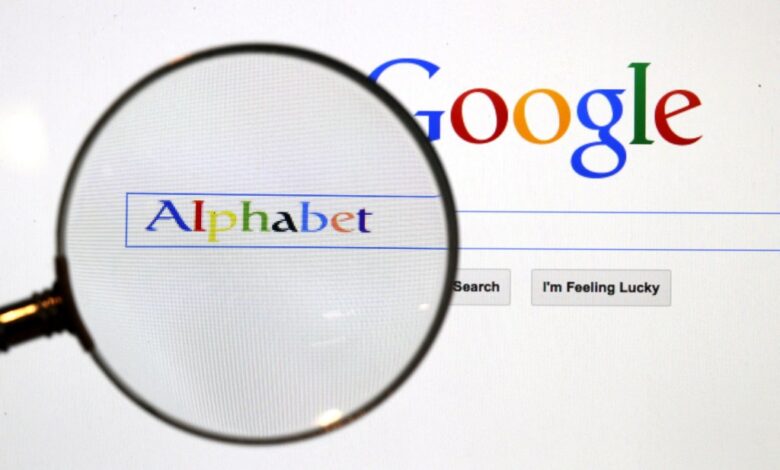Google to destroy browsing data to settle consumer privacy lawsuit

Google agreed to destroy billions of data records to settle a lawsuit claiming it secretly tracked the internet use of people who thought they were browsing privately.
Terms of the settlement were filed on Monday in the Oakland, California federal court, and require approval by U.S. District Judge Yvonne Gonzalez Rogers.
Lawyers for the plaintiffs valued the accord at more than $5 billion, and as high as $7.8 billion. Google is paying no damages, but users may sue the company individually for damages.
The class action began in 2020, covering millions of Google users who used private browsing since June 1, 2016.
Users alleged that Google’s analytics, cookies and apps let the Alphabet unit improperly track people who set Google’s Chrome browser to “Incognito” mode and other browsers to “private” browsing mode.
They said this turned Google into an “unaccountable trove of information” by letting it learn about their friends, favorite foods, hobbies, shopping habits, and the “most intimate and potentially embarrassing things” they hunt for online.
Under the settlement, Google will update disclosures about what it collects in “private” browsing, a process it has already begun. It will also let Incognito users block third-party cookies for five years.
“The result is that Google will collect less data from users’ private browsing sessions, and that Google will make less money from the data,” the plaintiffs’ lawyers wrote.

Google spokesman Jose Castaneda said the company was pleased to settle the lawsuit, which it always considered meritless.
“We never associate data with users when they use Incognito mode,” Castaneda said. “We are happy to delete old technical data that was never associated with an individual and was never used for any form of personalization.”
David Boies, a lawyer for the plaintiffs, in a statement called the settlement “a historic step in requiring honesty and accountability from dominant technology companies.”
A preliminary settlement had been reached in December, averting a scheduled Feb. 5, 2024 trial. Terms were not disclosed at the time. The plaintiffs’ lawyers plan to later seek unspecified legal fees payable by Google.




